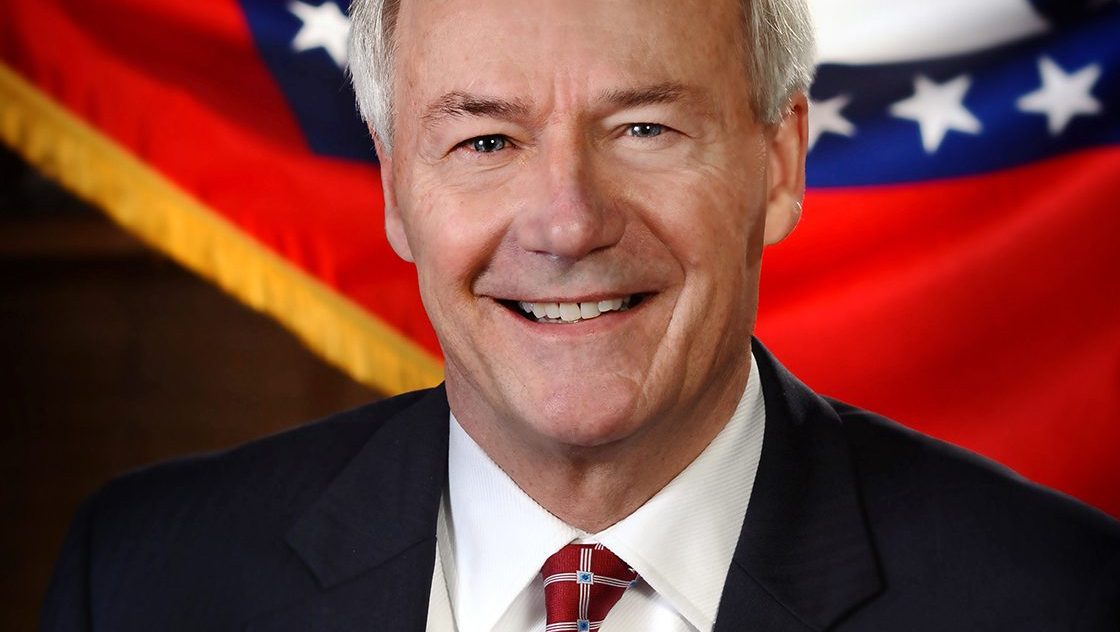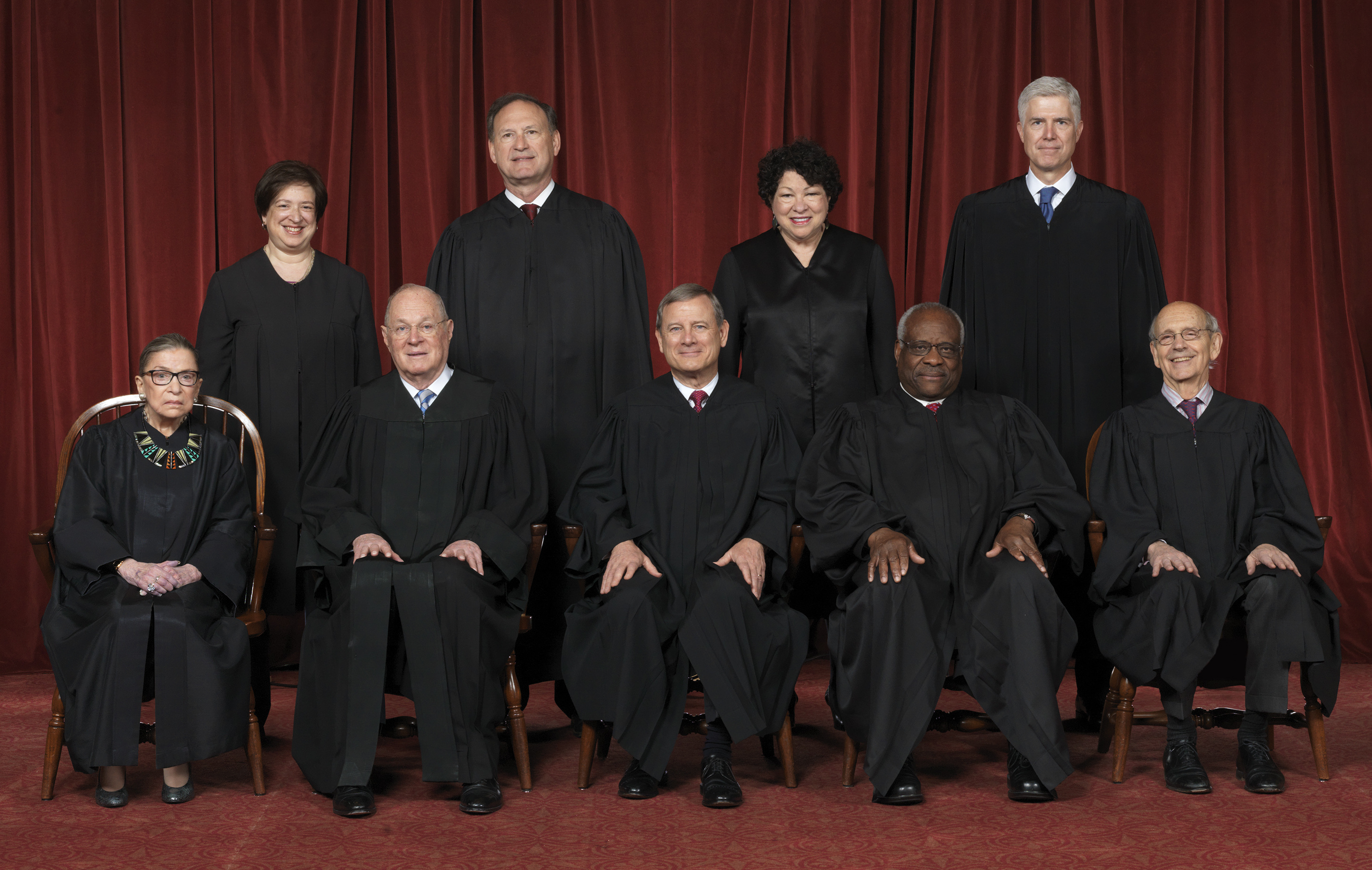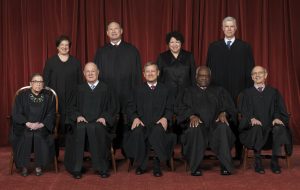Atheist Group Demands AR Governor Stop Sharing Bible Verses
 Last week the atheist Freedom From Religion Foundation based in Wisconsin sent a letter to Governor Asa Hutchinson demanding he stop sharing scripture verses via social media.
Last week the atheist Freedom From Religion Foundation based in Wisconsin sent a letter to Governor Asa Hutchinson demanding he stop sharing scripture verses via social media.
We understand that every Sunday, you post or tweet an image with a bible verse from your official, government Facebook page and Twitter account.
But it is not for the government in our secular republic to promote one religious book over others or to promote religion over nonreligion. Doing so violates the Establishment Clause of the Constitution.
We’ve written before about similar efforts to purge religious references from public life in Arkansas.
Here’s the bottom line:
By most accounts, the Bible is the single most widely-read book in the history of human civilization.
In Europe and America, public speakers, writers, and elected officials have quoted it routinely for centuries.
The President of the United States typically takes the Oath of Office on a Bible.
Elected officials often share well-known, popular, or inspirational quotes via their official social media accounts.
Given all of this, why shouldn’t an elected official be able to post a Bible verse on Facebook or Twitter?



 In 2015 Sen. Jason Rapert (R – Bigelow) sponsored a law authorizing a monument of the Ten Commandments on the Arkansas State Capitol Grounds. It was placed on the Capitol lawn on
In 2015 Sen. Jason Rapert (R – Bigelow) sponsored a law authorizing a monument of the Ten Commandments on the Arkansas State Capitol Grounds. It was placed on the Capitol lawn on 
 Earlier this month the federal Department of Justice
Earlier this month the federal Department of Justice